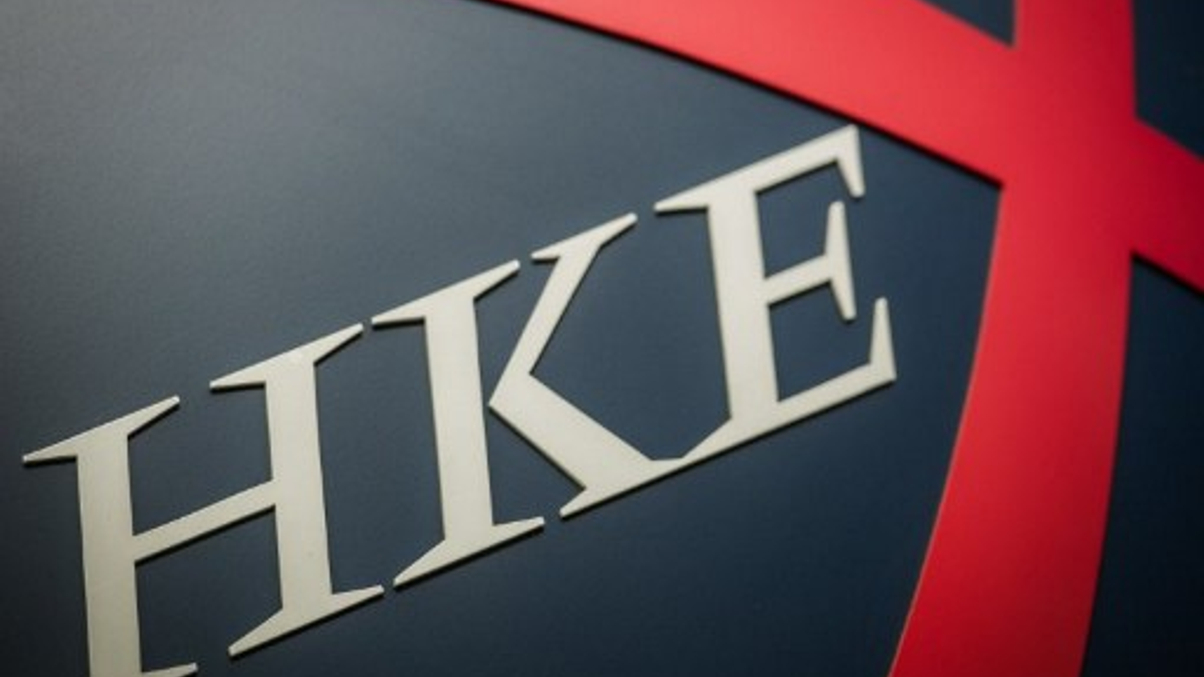Market Views: do dual-class shares dilute investor protection?
Hong Kong stock exchange’s new regime permitting companies with dual-class shares to list came into effect on April 30. We asked four experts about the pros and cons of this change.

After four years of deliberations, Hong Kong Exchanges and Clearing (HKEx), the operator of the city’s exchange, announced the addition of three new chapters to the main board listing rules on April 24.
Sign in to read on!
Registered users get 2 free articles in 30 days.
Subscribers have full unlimited access to AsianInvestor
Not signed up? New users get 2 free articles per month, plus a 7-day unlimited free trial.
¬ Haymarket Media Limited. All rights reserved.


